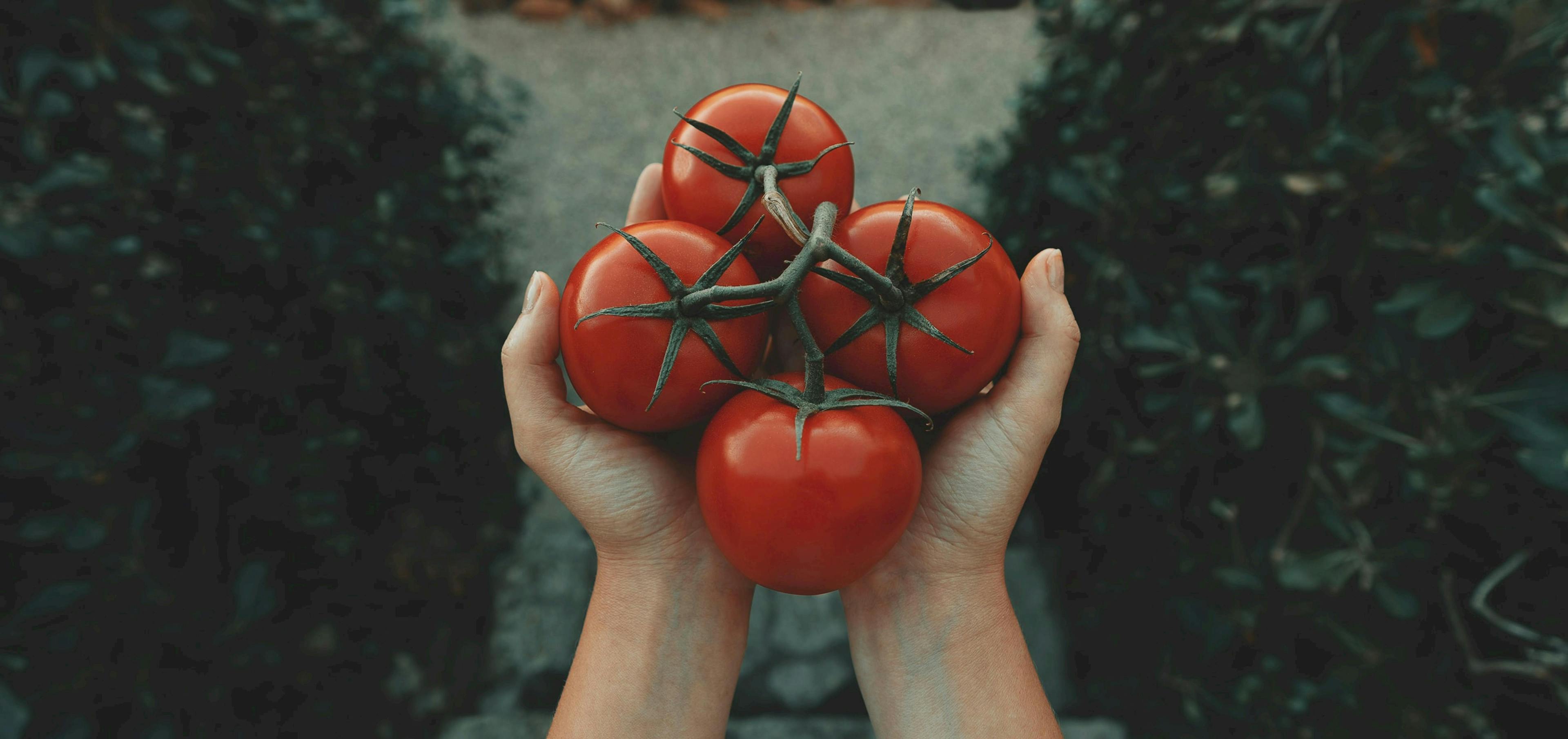Gut health is a trendy topic in wellness circles today, but few people are talking about the way that it affects cognition––how common issues like anxiety, stress, and depression can be directly affected by what you put in your body. As an endurance athlete and health coach, I’m passionate about helping people hack their diets to optimize wellbeing and physical performance. Here’s how I learned to think about my gut as not just a physical entity, but a mental and emotional one, too.
My journey toward understanding the mind-gut connection began in high school when I almost lost my life to an eating disorder. I had liver failure, kidney failure, and jaundice, and two parents who were completely terrified. But I was blessed with an amazing team of doctors, one of whom completely transformed my relationship with food. By introducing me to amazing grains from around the world, and explaining the health benefits of things like fiber and protein, she imparted a larger lesson: Don’t be afraid of food, be clever with it. Celebrate your health and take control of your diet by giving your body what it needs to thrive.
By introducing me to amazing grains from around the world, and explaining the health benefits of things like fiber and protein, she imparted a larger lesson: Don’t be afraid of food, be clever with it.
This came in handy a few years later when, as a senior in college, I began to experience what looked like a series of allergic reactions: redness and irritation on my face and scalp, patchiness on my skin all over my body. I made an appointment with my dermatologist, thinking it was a skin issue, and was surprised when she suggested I try an elimination diet. Given my earlier health scare, restricting my food intake felt scary, but I brought the idea to my mom who helped me work out a healthy approach. Cautiously, I stopped eating refined sugar, processed foods, and all animal products, including dairy, and my skin symptoms lifted within a week. After two weeks, they were essentially untraceable. After a month, I noticed changes that went deeper. Not only did I no longer feel bloated and lethargic, but my mood lifted, my energy spiked, and my stress levels evened out.
You know how doctors always say that what happens on the outside starts on the inside? This experience proved it to me. For a more actionable approach, think of it this way: What you put in your body has all sorts of physical, mental, and emotional side effects, so if you’re struggling with something, whether it’s mood swings or a bad rash, the answer might be right there in your diet.
Cautiously, I stopped eating refined sugar, processed foods, and all animal products, including dairy, and my skin symptoms lifted within a week. After two weeks, they were essentially untraceable.
Here are three benefits of the mind-gut connection that made me a believer.
Mental: We’ve established that the gut and brain are directly connected, but I like to think of my gut as my “second brain.” If I feed it junk food, which includes junk food posing as healthy food, the gut will slow down and malfunction, straining our bodies and clouding our brains. The inverse is also true. The more thoughtfully we source our ingredients, the more we avoid toxic chemicals and additives, the faster and clearer our mind will be.
Emotional: As someone who survived an eating disorder, I’m deeply familiar with the certain mental darkness that comes as a result of never filling your tank. It helped me to realize that food could also be the solution. Eating whole grains, dark leafy vegetables, and complex carbohydrates––foods that feed your microbiome and balance your gut––is like putting premium fuel in a Ferrari. Or, as someone described it to me once, like feeding yourself natural antidepressants. It can literally lift you up.
Physical: While there are plenty of aesthetic benefits to whole foods, plant-based diets––your eyes are brighter, your skin is softer and more clear, some people might drop some pounds––I think about this from a more holistic perspective. The way we eat is crucial to our success because it impacts how our bodies run: How much energy do we have? How are our moods? Is our blood sugar stabilized? As someone who runs ultra marathons, eating whole, healthy meals is the foundation of my fitness. It even improved my sleep.
Eating whole grains, dark leafy vegetables, and complex carbohydrates––foods that feed your microbiome and balance your gut––is like putting premium fuel in a Ferrari.
If making the switch to a plant-based diet or veganism feels too daunting or extreme, my advice is to take baby steps. You don’t have to dive into the deep end. Start by setting one goal for the week. Maybe you want to go without milk or decide to switch to a plant-based hemp milk. Try it for one week. Then, the next week, eliminate meat. See how that goes. Take it in small increments and see how it goes. If you’re feeling bold, I always suggest 21 days of discipline because that’s typically how long it takes to change a habit. No matter what, remember that you’re doing this because you love yourself.
Download the fwrd app to see Brooke's resource recommendations.



